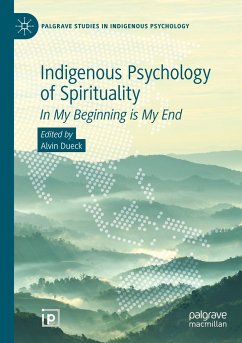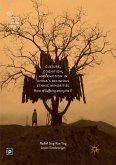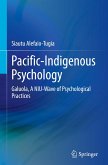This book presents cutting-edge research and theory in the emerging field of the indigenous psychology of religion. Its authors examine the influence of colonization and illustrate the use of novel research methodologies utilised in studies with communities in India, Korea, China, Indonesia, America, and Poland. Whereas Western psychology has traditionally viewed religion through an institutional lens and from a Euro-American perspective, this book aims to facilitate an understanding of indigenous spiritualities on their own terms and from the indigenous people's lived experience.
In doing so, the contributors seek to support indigenous communities in the recovery of their voice, original vision, and ancient practices, and to follow their yearning as echoed in T. S. Eliot's words: "In my beginning is my end." The book is replete with examples of this recovery of indigeneity in, for example, Chinese notions of harmony and resilience; cultural differences in hearing the voice of the divine; the influence of animism on Christians in Korea; and in savoring the bereavement of loved ones.
This novel collection presents fresh insights for students and scholars of the psychology of religion, indigenous studies, cultural psychology, and anthropology.
In doing so, the contributors seek to support indigenous communities in the recovery of their voice, original vision, and ancient practices, and to follow their yearning as echoed in T. S. Eliot's words: "In my beginning is my end." The book is replete with examples of this recovery of indigeneity in, for example, Chinese notions of harmony and resilience; cultural differences in hearing the voice of the divine; the influence of animism on Christians in Korea; and in savoring the bereavement of loved ones.
This novel collection presents fresh insights for students and scholars of the psychology of religion, indigenous studies, cultural psychology, and anthropology.








